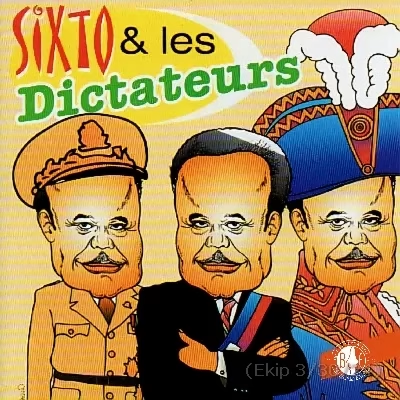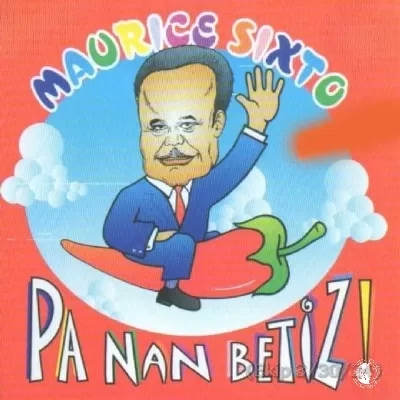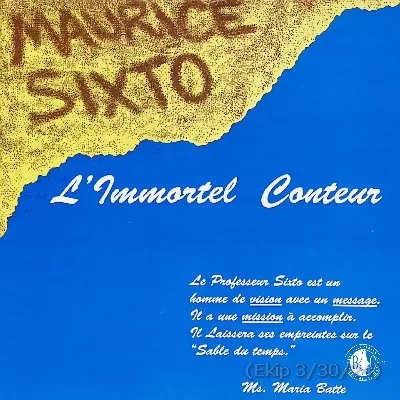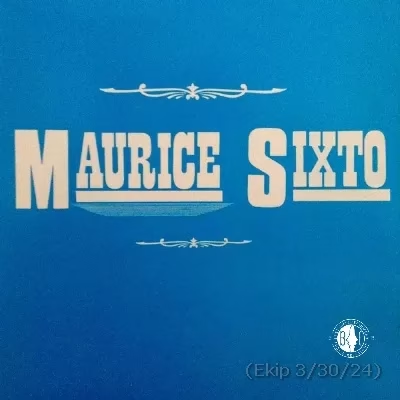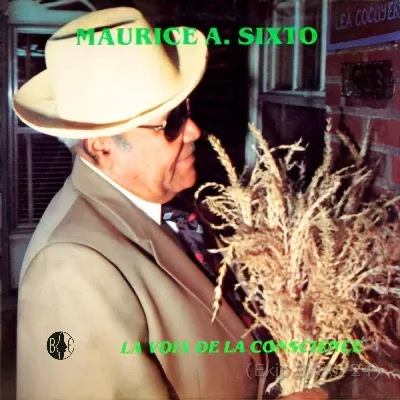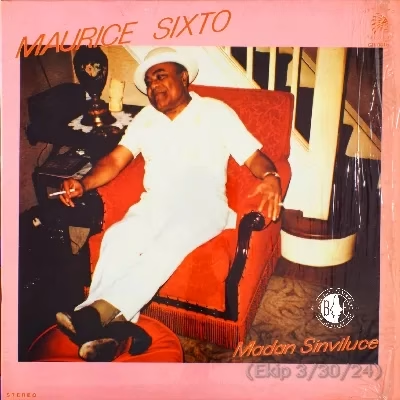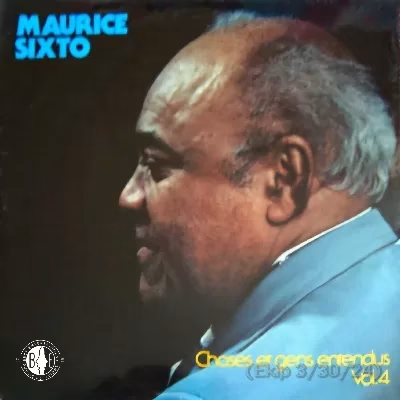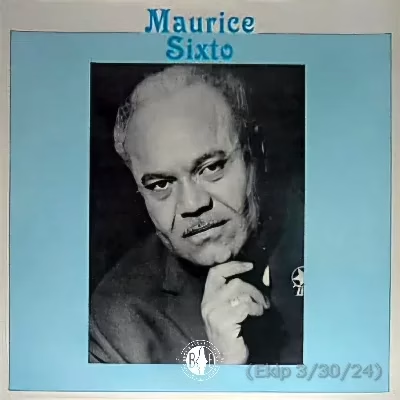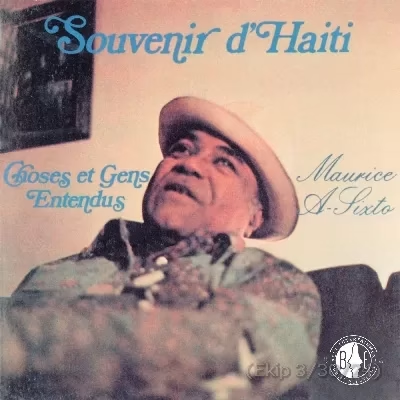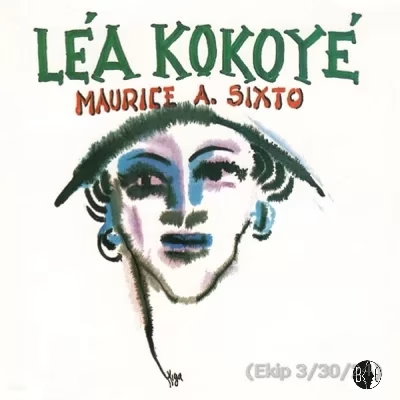Maurice Alfrédo Sixto: A Pioneer of Haitian Oral Literature
Maurice Alfrédo Sixto (1919–1984) was a celebrated Haitian writer, orator, and humorist, widely regarded as one of the most influential figures in Haitian oral literature. Known for his captivating storytelling and incisive social commentary, Sixto left an indelible mark on Haitian culture by using his talents to expose the struggles of the underprivileged, challenge societal norms, and celebrate the richness of Haiti’s linguistic and cultural heritage.
Early Life and Education
Maurice Sixto was born on May 23, 1919, in Gonaïves, Haiti. He grew up in a modest household, surrounded by the oral traditions of Haitian culture, which would later inform much of his work. His father was a teacher, which may have inspired Sixto’s lifelong passion for education and language.
After completing his early education in Haiti, Sixto pursued higher studies in France. While there, he studied literature and linguistics, disciplines that would profoundly shape his artistic career. His time in France also introduced him to a broader intellectual community and global perspectives, which he skillfully merged with his Haitian identity in his works.
Career and Contributions
Maurice Sixto is best remembered for his role as a conteur (storyteller), a tradition deeply rooted in Haitian culture. His stories, which he often performed live or recorded on audio, were characterized by vivid characterizations, clever dialogue, and biting humor. Sixto’s works were not just entertainment but also powerful social critiques of Haitian life.
Themes in His Work
Sixto’s stories revolved around themes of social justice, inequality, and the complexities of Haitian society. He had a particular focus on exposing the plight of restavèks—children from impoverished families sent to work as domestic servants in wealthier households. His critique of this exploitative system, notably in “Ti Sentaniz”, remains one of his most iconic contributions to Haitian literature.
Other recurring themes in his works include:
- The struggles of the Haitian diaspora.
- The corruption and inefficiency of societal institutions.
- The resilience and humor of everyday Haitians.
Style and Impact
Sixto’s style was unique, blending Haitian Creole and French to reflect the linguistic reality of Haiti. This bilingual approach allowed him to reach a wide audience, from the urban elite to rural listeners. His keen ear for dialogue and his ability to mimic the nuances of different Haitian social classes made his characters relatable and unforgettable.
Maurice Sixto’s stories were performed on radio and at live events, making him one of the most recognizable voices in Haiti. His recordings have since become treasured archives of Haitian oral tradition, inspiring generations of artists and intellectuals.
Legacy and Recognition
Maurice Sixto is considered a cultural icon in Haiti, often referred to as “le père de la littérature orale haïtienne” (the father of Haitian oral literature). Despite his passing in 1984, his work remains deeply influential, studied in schools and celebrated by the Haitian diaspora worldwide.
In his honor, the Fondation Maurice A. Sixto was established to preserve his legacy, promote Haitian culture, and advocate for social justice. His recordings continue to be a source of inspiration and education, shedding light on the realities of Haitian society while celebrating its rich linguistic and cultural heritage.
Selected Works
- “Ti Sentaniz”: A powerful critique of the restavèk system, told through the story of a young girl subjected to domestic servitude.
- “Lea Kokoye”: A humorous yet poignant tale about social hypocrisy and human folly.
- “Bòs Chaler”: A commentary on the struggles of the working class in Haiti.
Conclusion
Maurice Sixto’s life and work embody the resilience, creativity, and social consciousness of Haiti. By elevating the art of storytelling to new heights, he not only entertained but also educated and empowered his audience. His legacy continues to resonate, ensuring that the voices of the marginalized are heard and that Haiti’s rich cultural tapestry is celebrated for generations to come.


